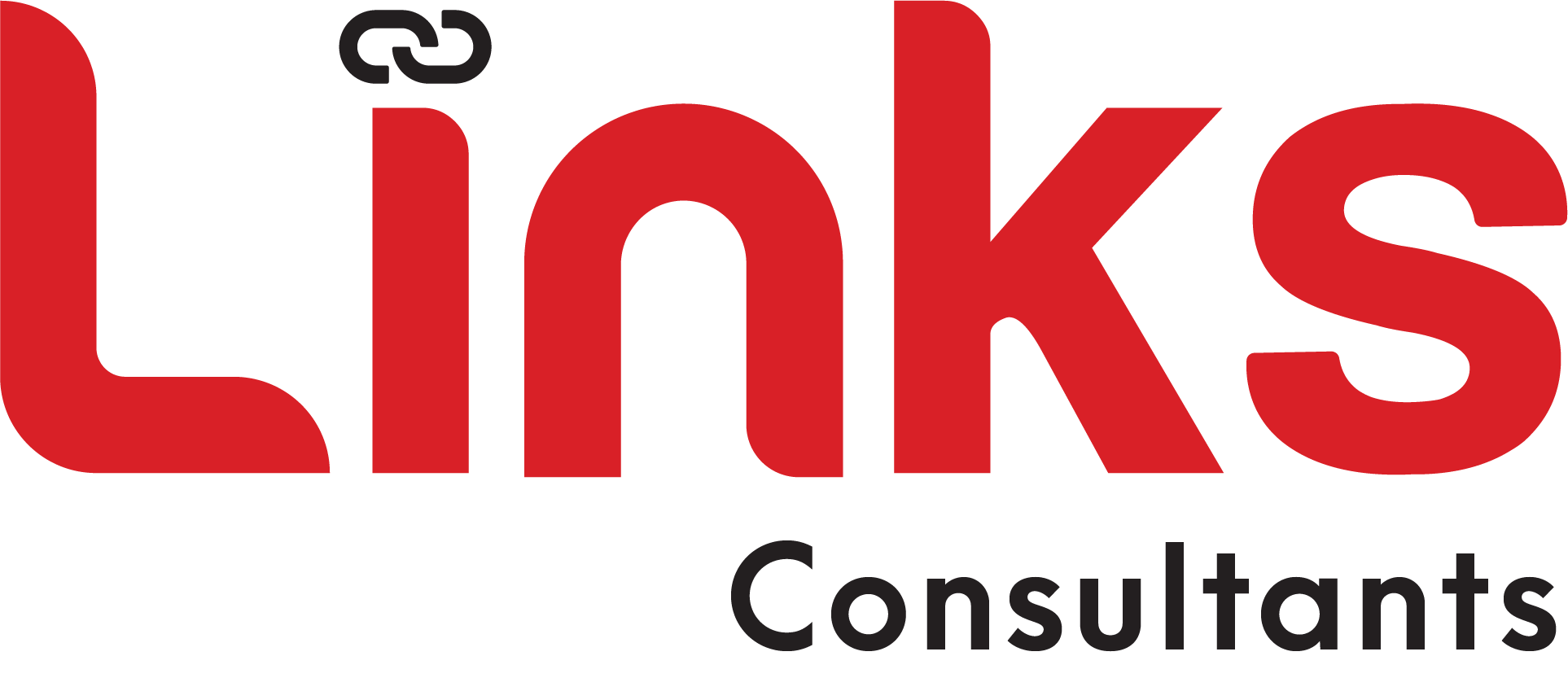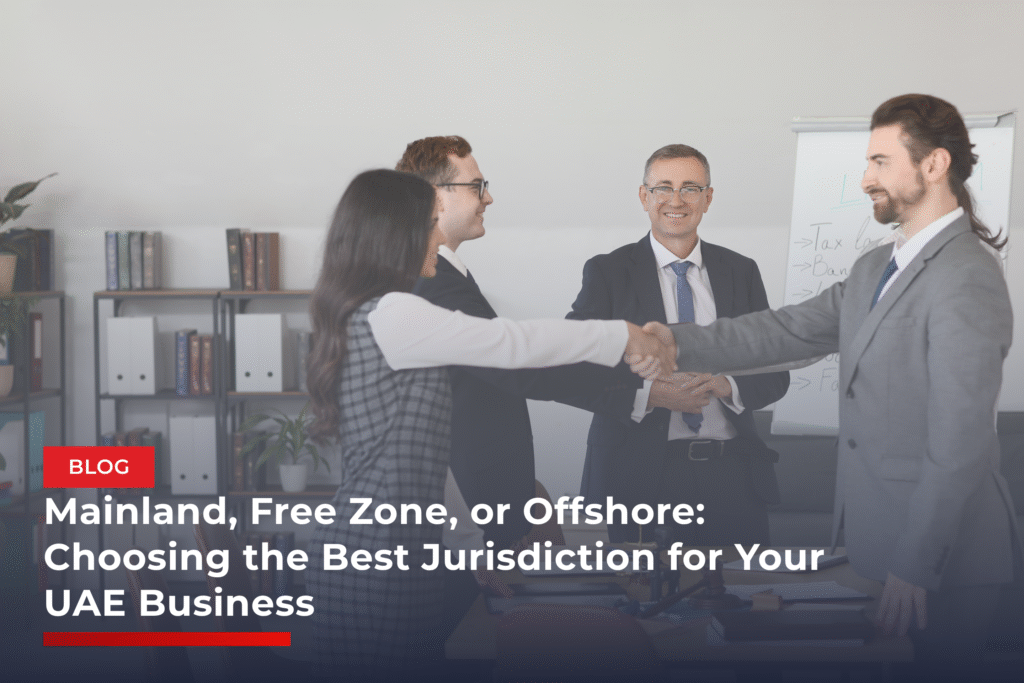How to Start a Business in Dubai from US?
How to Start a Business in Dubai from the US: Step-by-Step Guide for 2025 Dubai has become a top destination for American entrepreneurs and investors who want to expand globally, scale faster, and operate in a tax-friendly, innovation-driven business hub. With modern infrastructure, strong legal protection, and access to markets across Europe, Asia, and Africa, Dubai is now considered one of the best places in the world to register a company remotely. The good news? You don’t need to physically be in the UAE to establish your company. With digital licensing, remote verification, and streamlined procedures, starting a business in Dubai from the US is easier than ever. Whether you’re a freelancer, consultant, e-commerce seller, startup founder, or investor, Dubai offers flexible company structures designed to support global entrepreneurs. This guide walks you through how to set up a company remotely, required documents, compliance steps, and smart tips to launch smoothly. Why US Entrepreneurs Are Choosing Dubai Many US business owners are selecting Dubai as a strategic headquarters or secondary company location. The key reasons include: For digital businesses, consultants, and e-commerce entrepreneurs, Dubai is especially attractive because it eliminates heavy compliance burdens seen in the US, while offering global mobility and operational flexibility. Step-by-Step Process to Start a Business in Dubai from the US Starting a business remotely is straightforward if you follow the correct sequence. Here’s how the process typically works: 1. Choose Your Business Activity Dubai offers thousands of permitted business activities including: Your activity determines which licensing category you fall under (professional, commercial, or industrial). 2. Choose Mainland or Free Zone US entrepreneurs can open a company in either the mainland or a free zone. Each has advantages. Free Zone Benefits: Mainland Benefits: Many US founders begin in a free zone and expand to mainland later if needed. 3. Decide on Company Structure Popular structures include: An LLC is ideal for commercial trade; a Free Zone company is best for online/global activities. 4. Reserve Trade Name Select a business name that follows UAE naming rules (no religious, political, or offensive terms). Approval is normally issued within 24–48 hours. 5. Submit Documents for Approval Basic required documents include: US-issued documents may need notarization and UAE embassy attestation depending on structure. 6. Receive Initial Approval Once approved, you will receive a preliminary approval letter confirming the business activity and licensing category. 7. Complete Remote Identity Verification US entrepreneurs can verify identity digitally using: Certain free zones allow seamless verification without travel. 8. Pay License and Government Fees After verification, you will receive invoices for: Fees vary based on jurisdiction and visa requirements. 9. Apply for Investor Visa (Optional) You can operate your business without a residency visa, but having one provides benefits, including: Visa validity ranges from 2 to 10 years depending on category. 10. Open a Corporate Bank Account Once your license is issued, you can open a corporate bank account with: US founders benefit from strong financial stability and global access. Required Documents for US Citizens Most setups require only basic paperwork: Additional documents may apply for specialized activities or regulated sectors. Cost to Start a Business in Dubai from the US Costs vary depending on licensing type and visa needs. The average ranges: Many free zones offer installment plans, making the process more accessible for first-time founders. Can You Start Without Traveling to Dubai? Yes. Remote setup is available for: Many Americans establish their business remotely and travel to the UAE later for visa stamping or expansion. FAQs 1. Can I start a business in Dubai from the US without moving? Yes. You can set up and operate remotely without relocating. A visa is optional but recommended. 2. How long does the setup take? Most free zone companies can be registered in 3–10 working days, depending on approvals. 3. Do I need a UAE sponsor? No. Foreigners can now own 100% of their businesses in most categories. 4. Can I open a corporate bank account remotely? Yes, although some banks may request a visit for final verification. 5. What is the best business to start in Dubai from the US? Digital services, consulting, e-commerce, coaching, logistics, and tech startups are among the easiest and most profitable.
How to Start a Business in Dubai from US? Read More »









